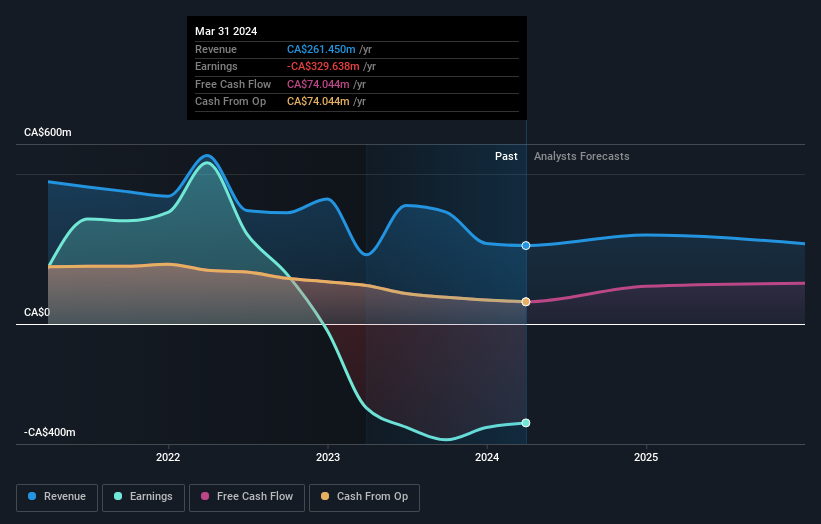Cairo, Egypt – Empire State Developments (ESD) is set to invest a staggering EGP 17 billion in Egypt’s real estate sector over the next few years. This ambitious investment will primarily focus on east and west Cairo, with particular interest in the New Administrative Capital (NAC), known for its significant investment potential and high returns.
Investment Focus and Projects Mostafa Mohsen, Chairperson of ESD, announced that the company is meticulously evaluating numerous real estate projects to select the most promising opportunities. ESD already owns El Centro Mall in the NAC’s Downtown area, a significant development spanning 5,231 sqm with two floors and an additional 15 floors nearby. Additionally, ESD is active in New Zayed and New Sphinx in west Cairo.
Strategic Partnerships In a bid to bolster its investment portfolio, ESD is set to announce a partnership with a major Saudi entity. This collaboration is expected to bring substantial investments and foster greater cooperation between real estate developers in both the Kingdom and Egypt. Mohsen emphasized the robust financial coverage of the company, enabling it to implement projects on schedule and maintain a diversified investment portfolio.
The Strength of Egypt’s Real Estate Sector Mohsen highlighted the strength of Egypt’s real estate sector, which boasts an estimated wealth of EGP 10 trillion across over 43 million properties. Representing 20% of the domestic product and employing 12% of the workforce, the sector is a cornerstone of the Egyptian economy. He underscored that real estate remains a safe investment vehicle globally, supported by the development of 61 new cities with a total area of 2.2 million feddans, currently home to more than eight million people.
Regulatory Needs and Market Opportunities Mohsen called for the implementation of a regulatory law for the profession, a demand developers have had since 2008. This regulation is crucial given the recent surge in investment opportunities, such as the Ras El Hikma and South Med deals with Talaat Moustafa Group. He also stressed the importance of promoting Egypt’s investment opportunities at international forums and simplifying property registration processes to facilitate real estate export.
Support from the Egyptian Government To support the real estate market, Mohsen urged the Egyptian government to lower interest rates on real estate loans and provide land at reasonable prices. He affirmed the market’s resilience in the face of challenges, crediting government support, strong demand, and the adaptability of real estate companies.
Current and Future Projects Mohsen detailed ongoing projects, including a fully equipped development where 30% of the construction has been completed. The project comprises 473 units of various sizes, including twin houses, chalets, and studios, with amenities such as a sandy beach, swimming pools, a hotel, kite surfing facilities, and more. This development aims to offer year-round residence with comprehensive services.
Commitment to Quality and Service Concluding his remarks, Mohsen emphasized ESD’s commitment to quality and post-occupancy services, such as maintenance, which enhance the returns on property ownership for clients. ESD’s strategic investments and focus on quality are poised to make a significant impact on Egypt’s real estate market, driving growth and innovation in the sector.
Key Highlights:
- Investment Amount: EGP 17 billion
- Focus Areas: East and West Cairo, especially the New Administrative Capital
- Current Projects: El Centro Mall, developments in New Zayed and New Sphinx
- Upcoming Partnerships: Major Saudi entity collaboration
- Sector Strength: EGP 10 trillion in real estate wealth, 20% of the domestic product
- Government Support: Call for regulatory law, lower interest rates, reasonable land prices
- Project Features: 473 units, sandy beach, swimming pools, hotel, kite surfing, and more
Empire State Developments is setting the stage for a transformative period in Egypt’s real estate market, with substantial investments, strategic partnerships, and a strong commitment to quality and innovation.










